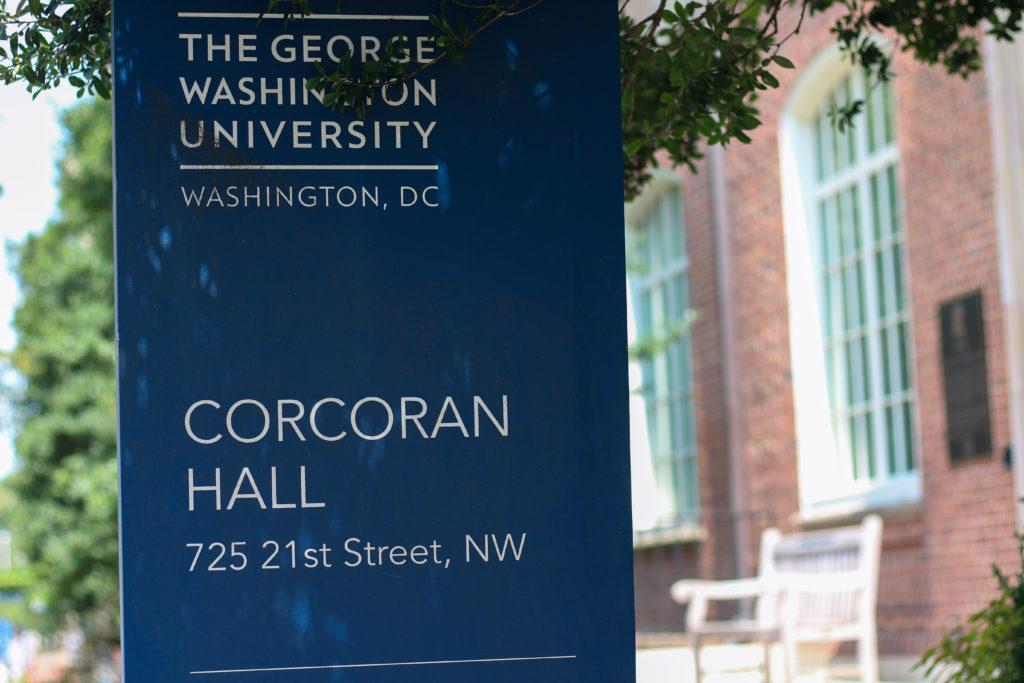Almost three years after officials launched GW’s first-ever data science program, enrollment has jumped more than tenfold – allowing officials to make more selective admissions decisions.
The number of students enrolled to earn a two-year master’s degree in data science reached a high of 231 students last year – a nearly 100 percent increase from the year before, according to institutional data. Data science faculty said the uptick correlates with an increased demand for workers who can analyze and interpret data across numerous professional fields, including political science and economics.
Paul Wahlbeck, the interim dean of the Columbian College of Arts and Sciences, said two new full-time faculty members joined the program last year to support the growing enrollment numbers, and officials will launch a search for two more faculty members this fall.
“Given the ever-growing demand for specialists trained in data science, there is considerable interest in data science degrees,” he said.
Wahlbeck said that though the program has increased in popularity – receiving nearly 10 percent more applications for fall 2018 than the year before – officials prioritized “academic selectivity” this year and accepted fewer candidates. The program will enroll 81 fewer new students than last year, he said.
The program started at 20 students in 2015, growing to 137 students in 2016 and 231 students the next year, according to institutional data.
Brian Wright, the co-director of the program, said application numbers have soared from fewer than 50 applicants during the program’s first year to more than 500 applicants for this fall.
“Because our reputation continues to grow in the D.C. area, we have been able to be more selective, and this semester we took a little bit of a smaller cohort – our final enrollment numbers for the fall will be somewhere around 70,” Wright said.
He added that the program aims to enroll 100 students in the fall and another 100 in the spring.
Yongwu Rong, the CCAS associate dean for research and strategic initiatives and a founder of the data science program, said he first convened a group of faculty across several departments – including statistics, mathematics and physics – in fall 2014 to launch the initiative.
“Especially nowadays, with so much exposure to data, there is a lot of need for people to apply math to other areas and to apply their skills in mathematics, statistics and computer science to interpret data,” Rong said. “We saw a lot of opportunity in data science for our students mainly because of the job potentials.”
Openings for data scientist jobs are projected to jump from 364,000 to 2.7 million by 2020, according to a 2018 IBM study.
Eric Lawrence, the interim director of the data science program and an associate professor of political science, said the program expanded quickly as students increasingly expressed interest in learning how to code or visualize data.
He added that the program offers courses on topics like machine learning, data visualization, data warehousing, cloud computing and high-performance computing.
“Data science is a hot area – many companies and organizations are looking for people with the skills developed in our program,” Lawrence said.





